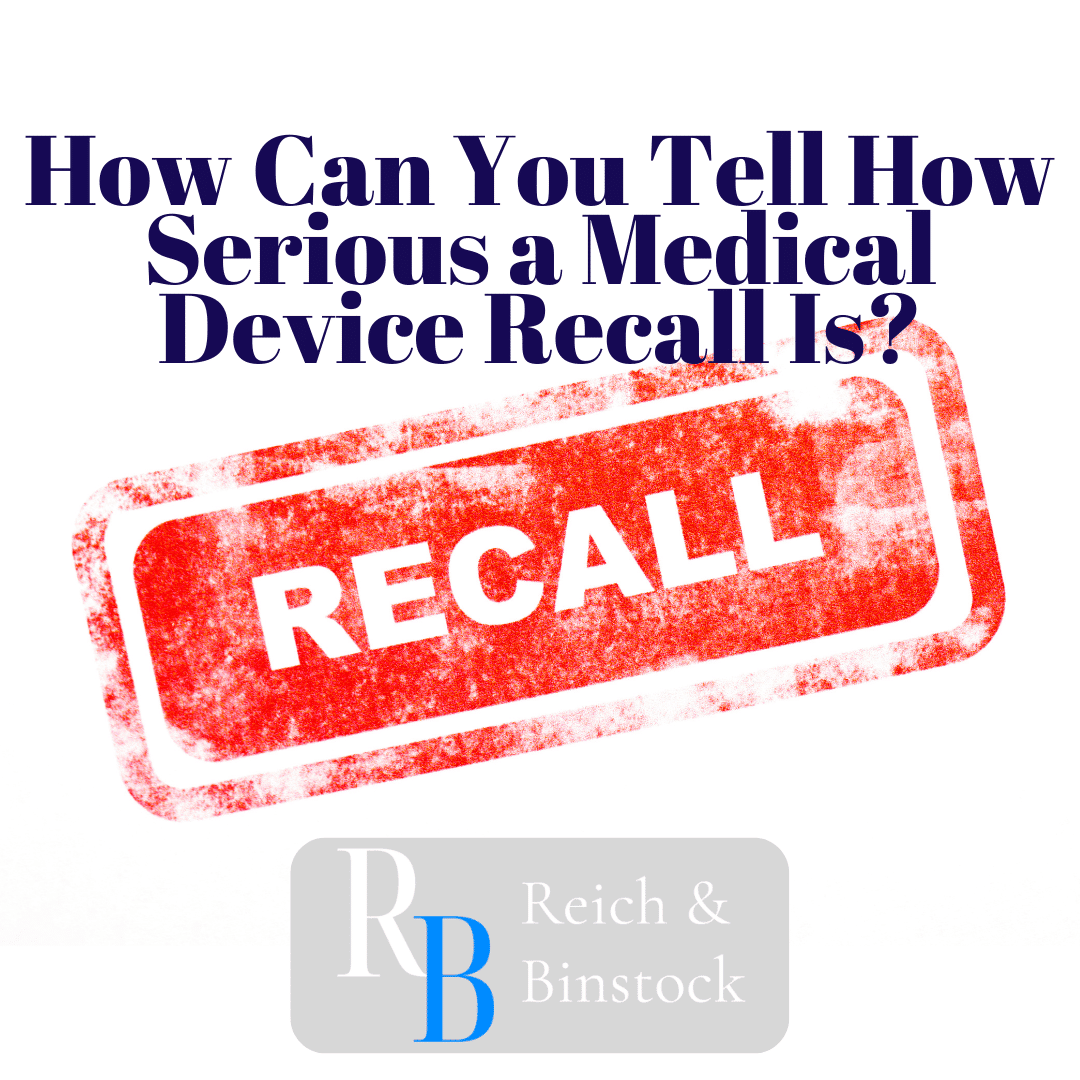Medical device recalls can happen for a variety of reasons. Although some manufacturers voluntarily recall their products, the U.S. Food and Drug Administration (FDA) often has to issue an order to remove the item from circulation or use.
What Are Voluntary Medical Device Recalls vs Mandatory Device Recalls?
A voluntary recall occurs when the manufacturer removes the product from the marketplace. This intends to correct an alleged violation of FDA regulations. A mandatory device recall is when the federal agency issues a recall order. These instances occur because they believe that it’s putting the health of the public at risk. This type of event seldom occurs. However, the FDA does it in instances where the manufacturer fails to voluntarily recall the product themselves.
What Are the Medical Device Recall Classifications?
There are three types of recall classifications. A Class I recall is when there’s a reasonable probability that a device will cause serious harm or even death. The FDA may order a Class II recall if they believe that a product may cause temporary or reversible adverse medical consequences. The least critical recall is a Class III. It’s unlikely to cause poor health outcomes.
The public can find out about any recalls in the federal agency’s weekly FDA Enforcement Report. It’s there that they inform readers about any field corrections, injunctions, recalls or seizures. The federal agency often rescinds recalls if they see that the manufacturer has made reasonable efforts to remove the device from circulation themselves or that any potential flaws are corrected.
Medical Device Recall Strategies
A recall strategy factors in different plans of actions and approaches based upon the individual circumstances surrounding each device. Some considerations will include the results of the health hazard evaluation. Others will take into account how easy it is to identify the product or how obvious it is to the average consumer or user that it has a deficiency. Regulators also often consider how likely it is that consumers will use the device.
If you have sustained severe adverse health consequences after being outfitted with a now-recalled medical device, then you may be entitled to monetary compensation for your medical bills and the decline in your quality of life. The amount of financial reimbursement that you may qualify to receive will likely vary depending on the extent of your losses. Moreover, an experienced Houston defective medical device lawyer can evaluate your case and recommend the best way to proceed with it.














